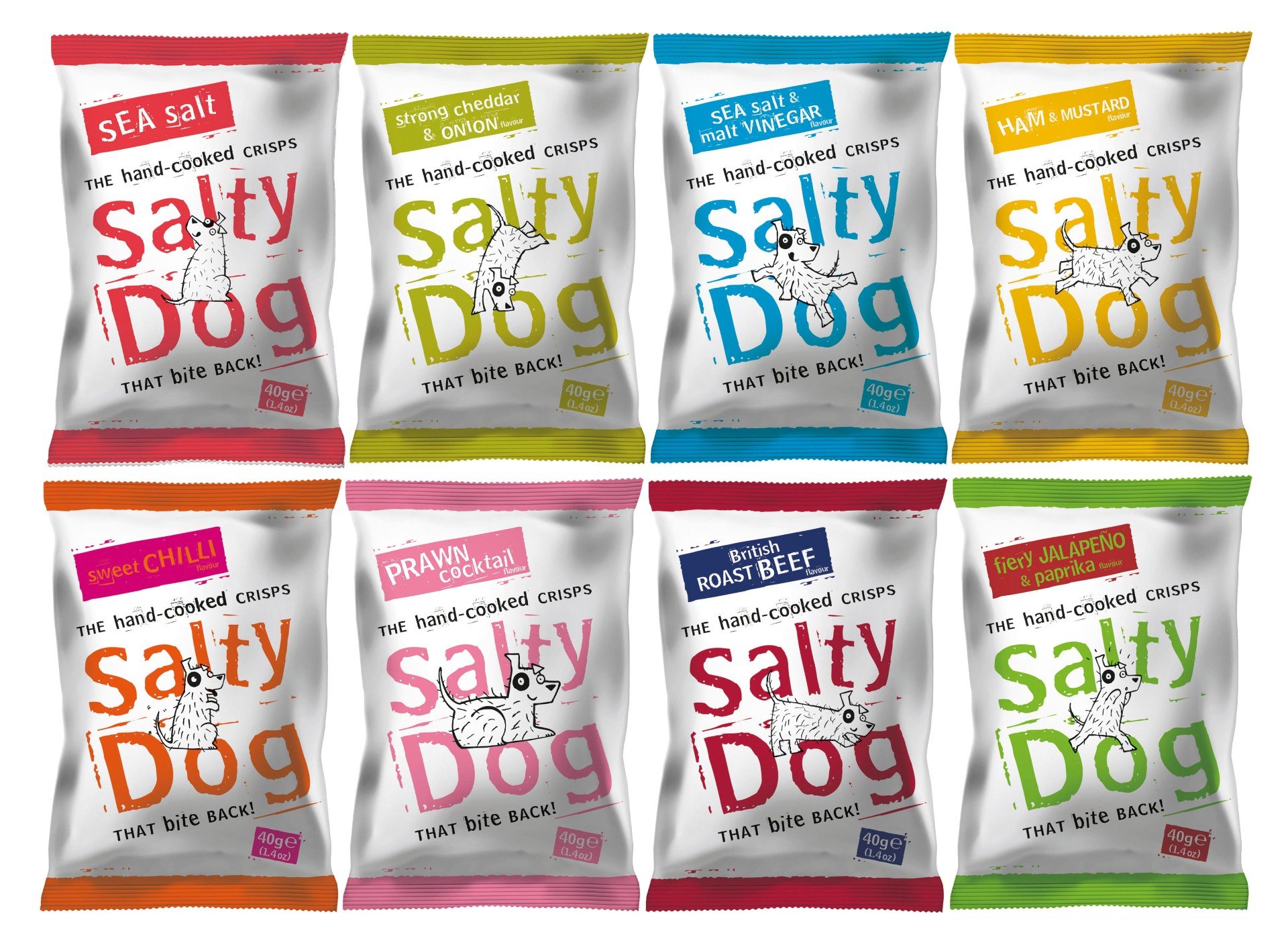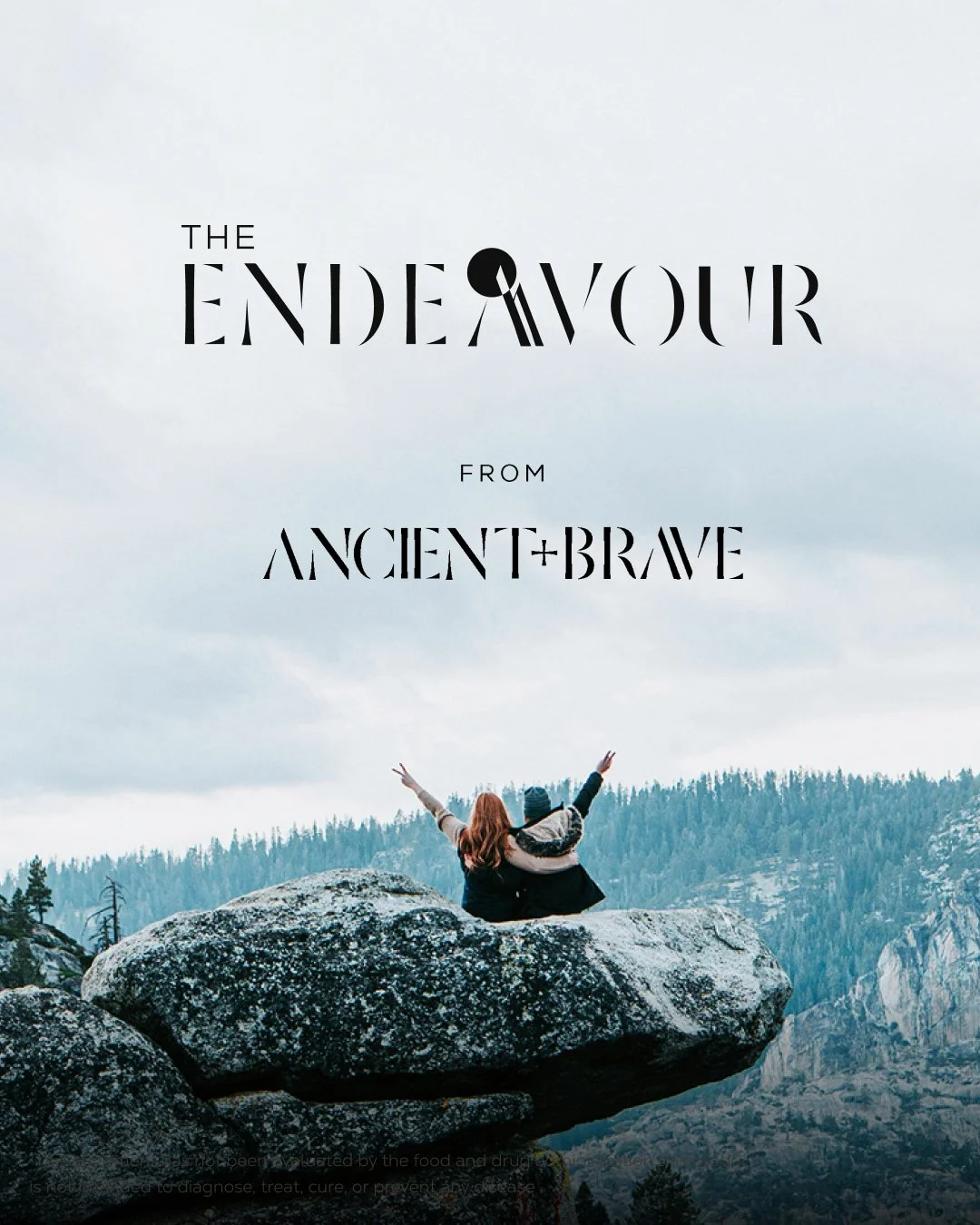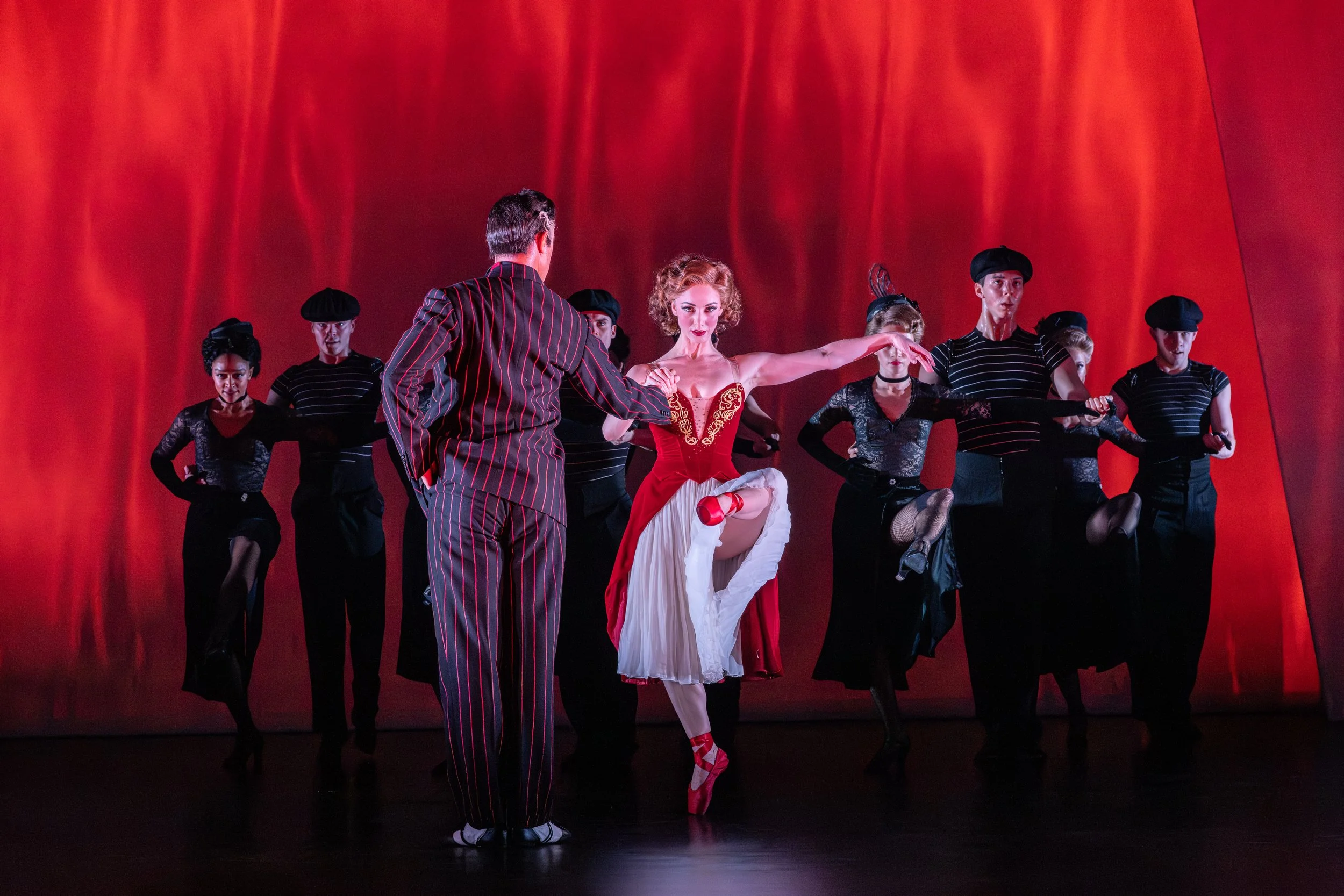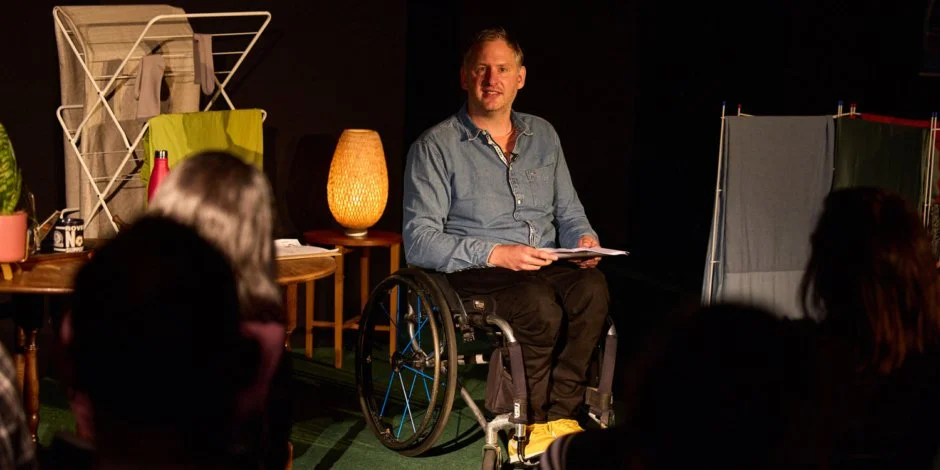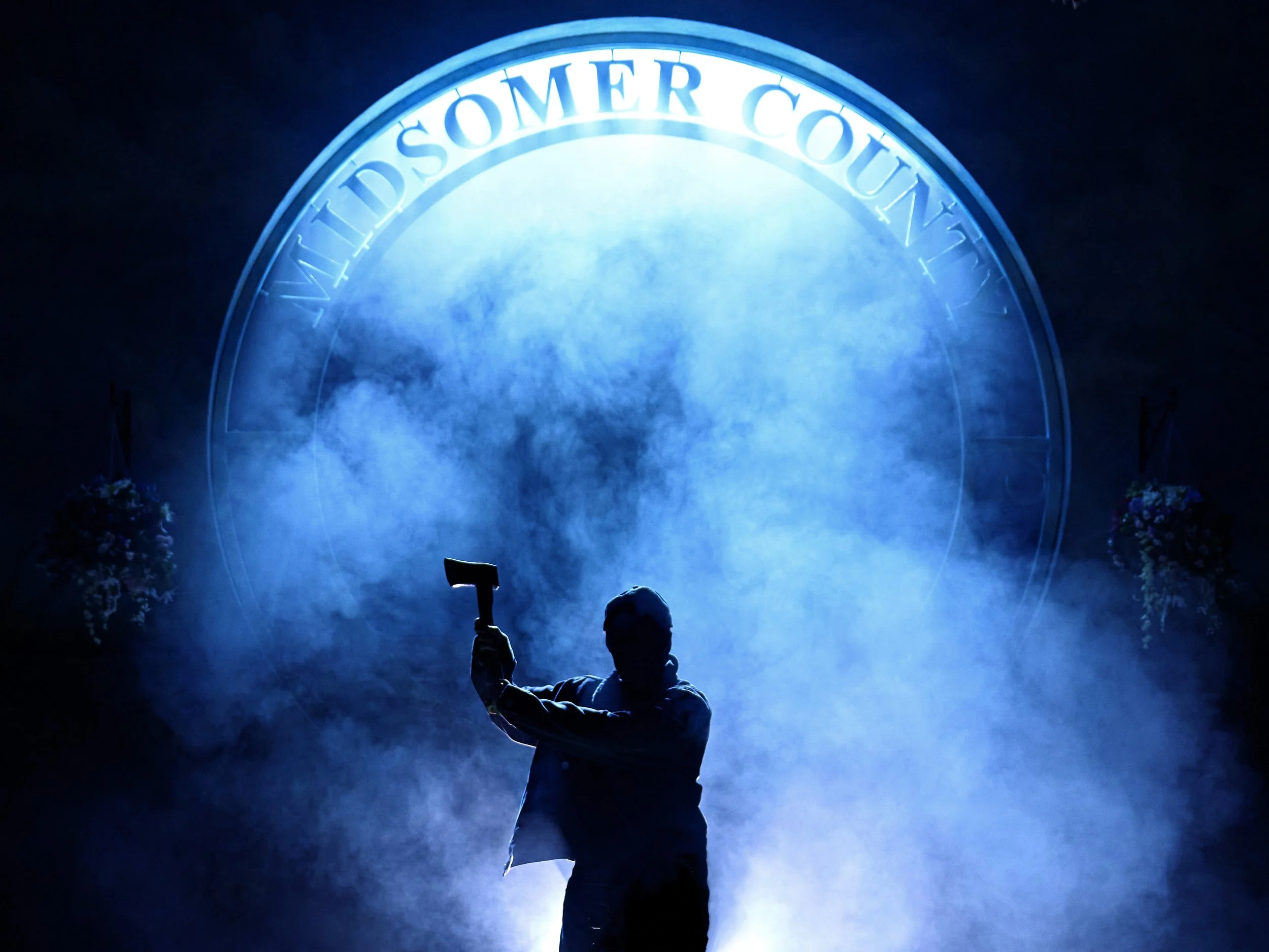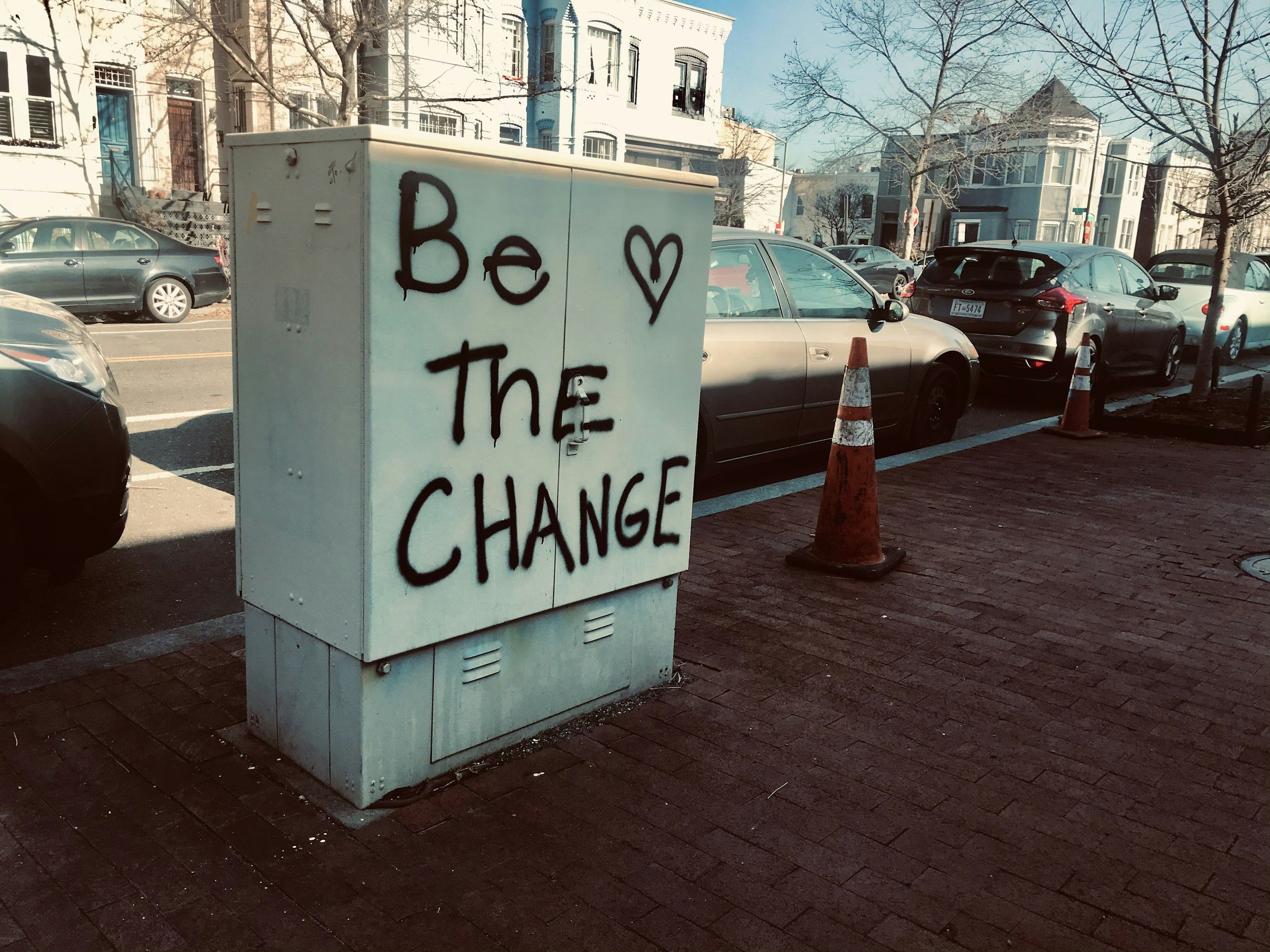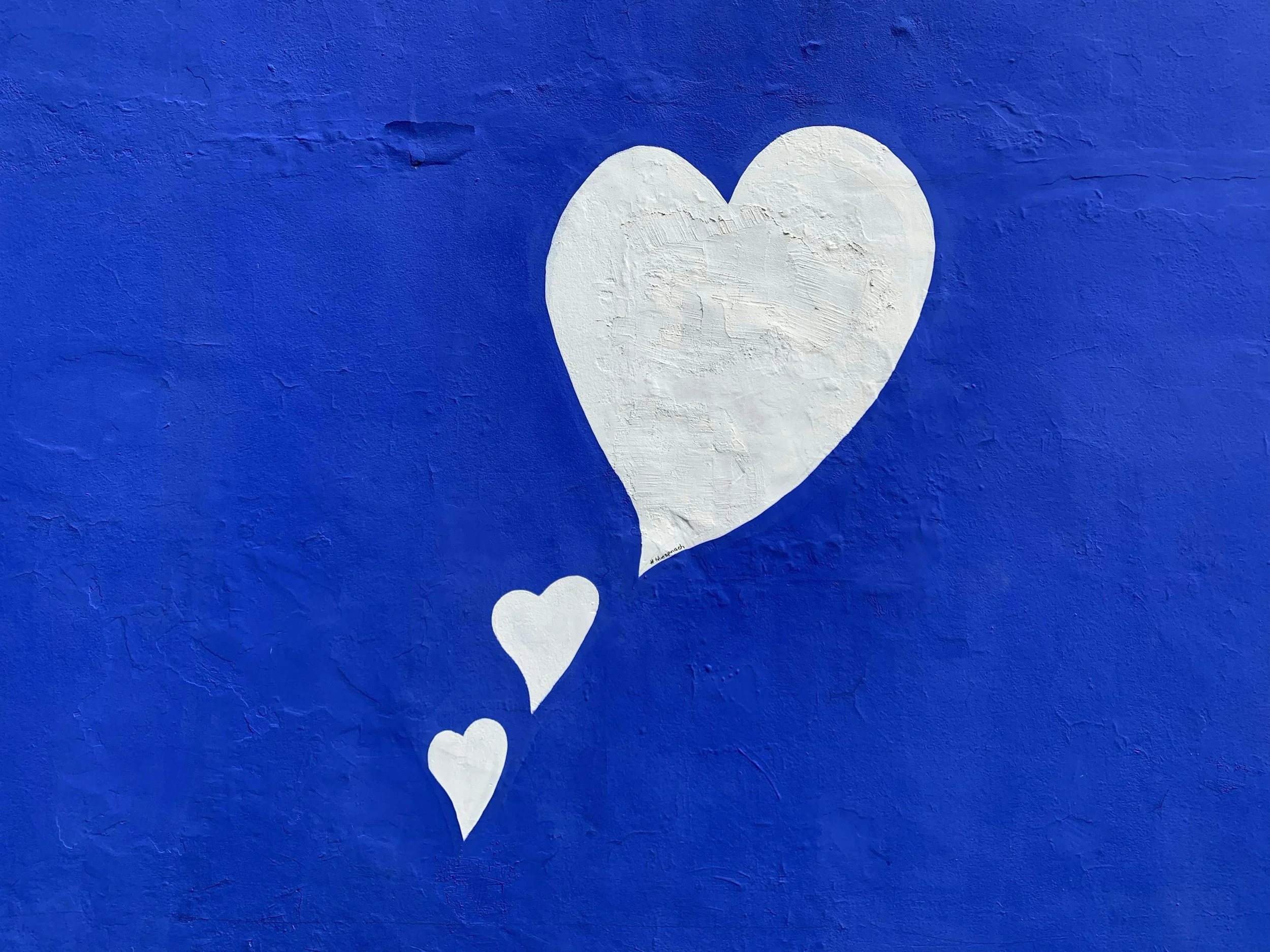Why Teenage Girls Need Your Help Now More Than Ever - An Interview with Founder of Girls Out Loud, Jane Kenyon
Note: The following article contains discussion of topics such as self-harm, eating disorders, sexual harassment and mental health issues which some readers may find upsetting.
I first met Jane Kenyon when I volunteered to be part of the Girls Out Loud Big Sister Mentoring Programme in 2018. I was matched up with a 12 year old girl to be my Little Sister and we met every month for a year. To see my Little Sister grow in confidence over the year was one of the most rewarding things I’ve ever been a part of.
I spoke to Jane recently following her advocacy work on BBC and Sky News for greater support for teenage girls during the pandemic about why organisations like Girls Out Loud are so crucial.
So Jane, where did the ideas for Girls Out Loud come from?
In 2008 I was already working with women as a coach, trainer and motivator via my brand Well Heeled Divas. I started to get uncomfortable about teenage girls and their low aspirations. At that time the UK had the highest teen pregnancy rates in Europe and the mental health statistics were starting to indicate there was a problem.
As a woman of action, I decided to step up and investigate, and after speaking in schools and coaching a few teenage girls I agreed to run a pilot intervention programme in a Blackpool school for 12 disengaged and at-risk girls.
I called this programme Girls Out Loud, and this experience led me to create Girls Out Loud, a social enterprise, which I launched in 2010.
Image via Unsplash
What kind of support do you offer to teenage girls?
Girls Out Loud creates and delivers early intervention programmes for teenage girls, from 2 hours to 12 months in duration. All our programmes are about helping teenage girls find their voice, their gumption and their identity.
We focus on improving confidence, self-belief, emotional resilience and self-worth. We harness the region's top female role models to inspire girls with their stories and journeys.
We also deliver a series of workshops and a speed mentoring event called Role Model Relay. This is where we invite up to 40 awesome female role models from many backgrounds, to speed mentor a full year of girls with the aim to open the shutters on their aspirations. We know some young girls need to see that success is possible to believe it is possible.
Image via Unsplash
What unique challenges are teenage girls facing at the moment?
In the past decade, we have seen the landscape that girls are attempting to navigate become tougher as their mental health deteriorates.
Social media, reality TV, the selfie-norm and the mainstreaming of porn have impacted their world BIG time. Teenage girls now value appearance over aspiration, and silence over gumption. Feminism has taken a hit for sure.
I see widespread self-harming, depression, anxiety, eating disorders, toxic friendships, sexual harassment, grooming, and addiction to reality TV as a few examples. I see boys taking more control as they become more and more influenced by porn and far-right misogyny. I see girls who are confused, scared, angry and in pain.
Then we went into lockdown. The schools were closed and all of these issues were amplified. Cases of online grooming offences increased to 9 times their pre-lockdown level. Eating disorders were up by 42%, child neglect was up by 75%, and calls to ChildLine were up by 40%.
Teenage girls are lonely, disconnected, scared, bored, spending too much time online unsupervised and so are taking too many risks.
Home is not always a safe place and young people need school for so many more reasons than simply an education. School is their community. It is where they grow, discover their identity and personality, create opportunities to develop, and have structure and support.
In the past 12 months, we have reversed a decade of progress on social mobility. The gap between the rich and poor continues to broaden and we will feel the impact of school closures for the next decade.
Image via Unsplash
How can we support Girls Out Loud through these challenging times?
We need to be able to deliver our much loved and effective programmes in schools as soon as possible. Schools must open for vulnerable girls (not just at-risk girls, as this definition is so broad).
We must show them a better way, be there to support them, listen to them and let them know we care. We must be ready to deliver once the school gates open. This demands funds as we receive no government nor school funding to deliver our programmes.
We need companies who care about the next generation to partner with us via their CSR/Community investment funds or Talent Development budgets to help us facilitate mentoring and coaching programmes.
We need everyone to take responsibility for nurturing the next generation of female talent. Help us fundraise, volunteer to be a mentor with your company’s support and spread the word about our much needed work.
Find out more at https://girlsoutloud.org.uk/donate/
We would encourage anyone identifying with the topics raised in this article to reach out to organisations that can offer support, such as Samaritans on 116 123 (www.samaritans.org) or Mind on 0300 123 3393 (www.mind.org.uk).
You can access guidance and support from Rape Crisis England and Wales via their website (www.rapecrisis.org.uk) or by calling the National Rape Crisis Helpline (0808 802 9999).
Beat promotes awareness and understanding of eating disorders, visit their website (www.beateatingdisorders.org.uk) for more information. They have a dedicated Youthline for those under 18 (0808 801 0711) and helpline for those aged 18 and over (0808 801 0677).
Help us keep the City Girl Network running by supporting us via Patreon for the price of a cheap cup of coffee - just £2 a month. For £3 a month you can also get yourself a Patreon exclusive 10% off any of our ticketed events! You can also support us by following us on Instagram, and by joining our City Girl Network (city wide!) Facebook group.
Written by Ali Critchley





